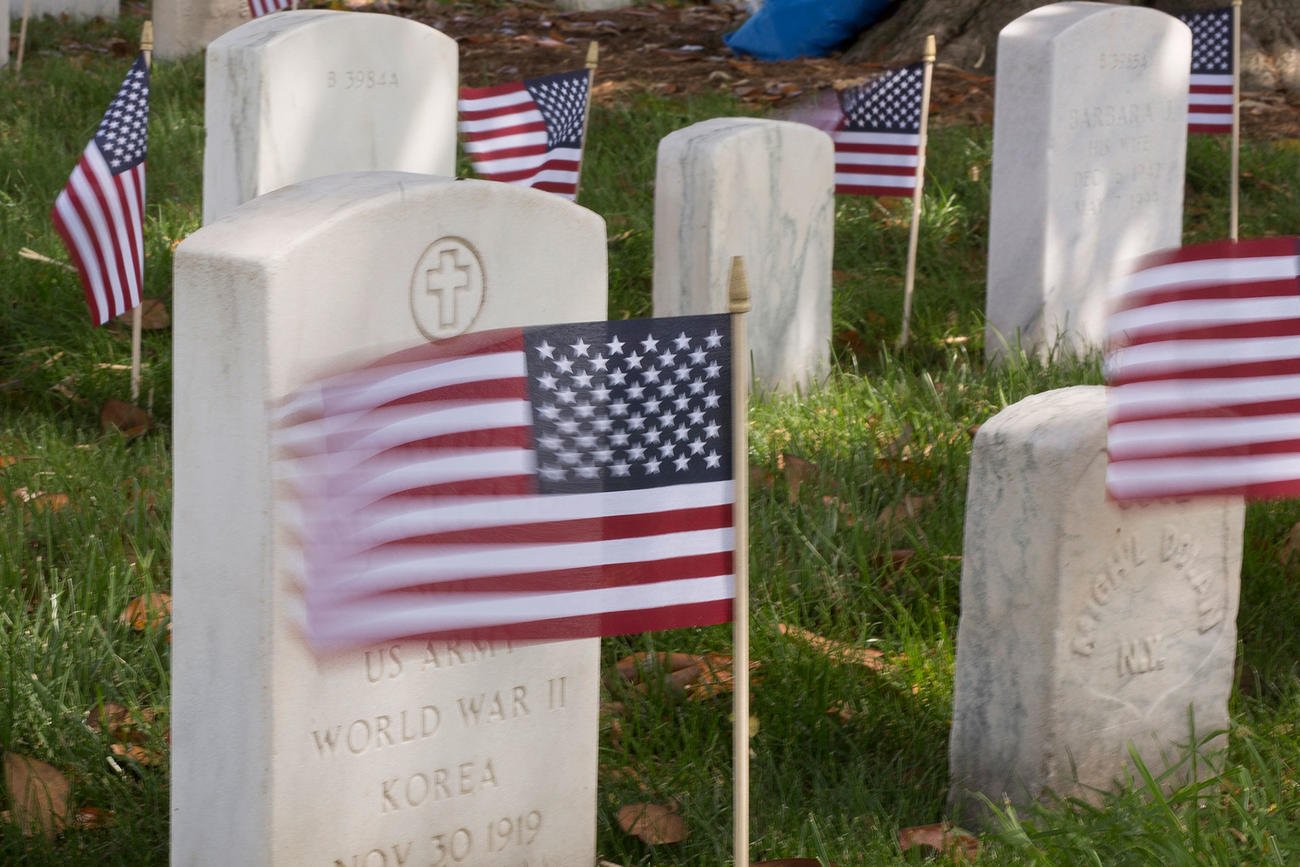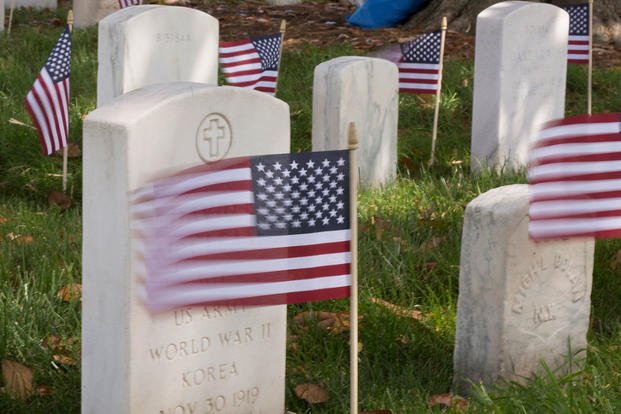

NORFOLK, Va. — When Donna Lewis’ daughter Grace graduates from First Colonial High School on Thursday, she’ll have a picture of her father in her cap instead of one of him standing next to her. Jason Lewis was killed in 2007 while serving as a Navy SEAL in Iraq.
Because of her father’s death, Grace Lewis was eligible for college tuition assistance through a Virginia program that covers higher education costs for some military families. But the rising college freshman may not be able to receive the financial assistance because state lawmakers recently scaled back eligibility standards for the program in an effort to lighten the cost burden on Virginia’s public colleges and universities.
The rollout of the reforms to the Virginia Military Survivor and Dependent Education Program (VMSDEP) has caused a firestorm of pushback from military families who blame lawmakers for disregarding their plight and leaving them stranded without resources promised to them.
“The fact that the General Assembly, whose members have been largely insulated from the scars of war, did not believe our sacrifices were worthy of a thoughtful decision-making process before this language was drafted feels like institution betrayal,” said Donna Lewis, a member of a new task force charged with addressing the impacts of the recent changes to the program.
The task force met Monday at the Virginia War Memorial building in Richmond for the first of several sessions. Members listened to dozens of people over several hours who gave a snapshot of how VMSDEP has helped their families and how the program changes will disrupt their lives.
The program provides a tuition waiver to spouses and children of veterans who are killed, missing in action, taken prisoner or at least 90% permanently disabled as a result of military service or combat. It also provides up to a $2,200 annual stipend to offset the costs of room, board, books and supplies for qualified survivors and dependents of military service members.
Under changes adopted in the state budget this year, applicants have to be Virginia residents, the waiver could only be used for undergraduate degrees, and qualifying undergraduate students will have to apply for and use other eligible federal and state financial aid first.
Gov. Glenn Youngkin requested state lawmakers return to Richmond to take up the matter. House Speaker Don Scott confirmed the House would return in special session at the end of this month to discuss what the “unintended consequences” of the changes to the military survivor and dependent program.
Youngkin created the bipartisan Preserving VMSDEP task force on May 15 to address concerns and the program’s long-term sustainability. The group is comprised of veterans, Gold Star family members, legislators, members representing the four branches of armed services and public colleges and universities. Gold Star families are spouses, children, parents, siblings or others whose loved one died in military service.
“Today’s session will help inform the path forward,” said task force co-chair and Virginia’s Secretary of Veterans and Defense Affairs Craig C. Crenshaw at the start of the meeting.
The reforms were recommended by the State Council of Higher Education for Virginia to rein in the tuition waivers’ cost. Universities across the state, including in Hampton Roads, have been forced to absorb the lost revenue or spread the cost of the waiver to other students, according to the council.
Program enrollment in Virginia’s public higher education institutions has grown by nearly 350% in the last five years, increasing from 1,385 students in 2018 to more than 6,000 in 2023. The cost of tuition waivers has nearly quadrupled from $12 million in 2019 to $46.3 million in 2022, according to the council.
Changes to the program were made in the budget, which was approved by both houses of the General Assembly and signed by the governor, rather than stand-alone legislation. Students currently enrolled in the program over the past year or who committed to their summer or fall 2024 semester by May 15 will not be affected by the reforms. Grace Lewis didn’t meet the deadline of a formal college commitment to be grandfathered into the assistance program, her mother said at Monday’s meeting.
Several members of the public Monday described the new program standards as an attack on Gold Star families and disabled veterans and their families.
Among the speakers was retired Navy Seal Jason Redman of Virginia Beach who was severely wounded while serving in Iraq. His youngest daughter is a student at Old Dominion University using the VMSDEP program. Redmond said the changes will crush families at a crucial time.
“When the bulk of our 9/11 war children are coming of college age, the General Assembly and our educational institutions are saying this is too hard… too hard to sustain this program for the families who have buried a love one for your freedom,” he said.
The state’s higher education council secured $20 million per year from lawmakers in the two-year budget bill marking the first time funding has been allocated to offset institutions’ loss of revenue from the tuition waiver.
Aimee R. Guidera, task force co-chair and Virginia secretary of education, said the second task force session in July will focus on mechanics of the program and cost projections. The third meeting in August will center on developing recommendations for sustainability.
“We will work hand-in-hand with our military families, higher education and other impacted stakeholders to address concerns, develop solutions and honor and respect the courage of those who fight and serve,” Guidera said.
_____
©2024 The Virginian-Pilot. Visit at pilotonline.com. Distributed by Tribune Content Agency, LLC.
© Copyright 2024 The Virginian-Pilot. All rights reserved. This material may not be published, broadcast, rewritten or redistributed.
